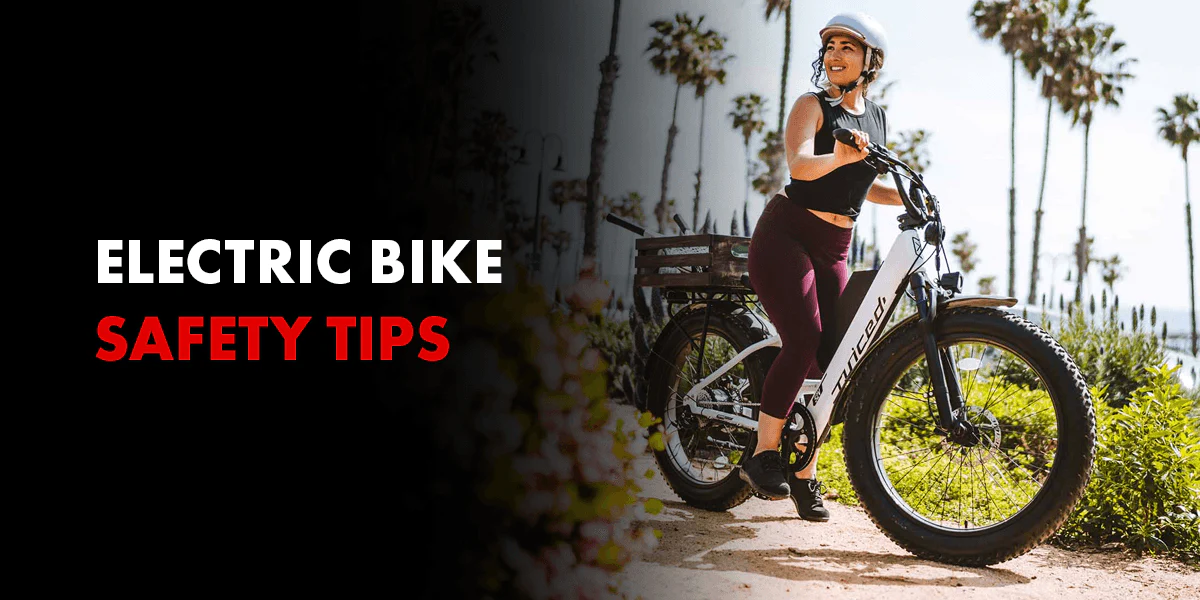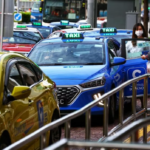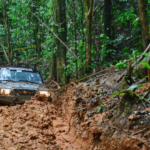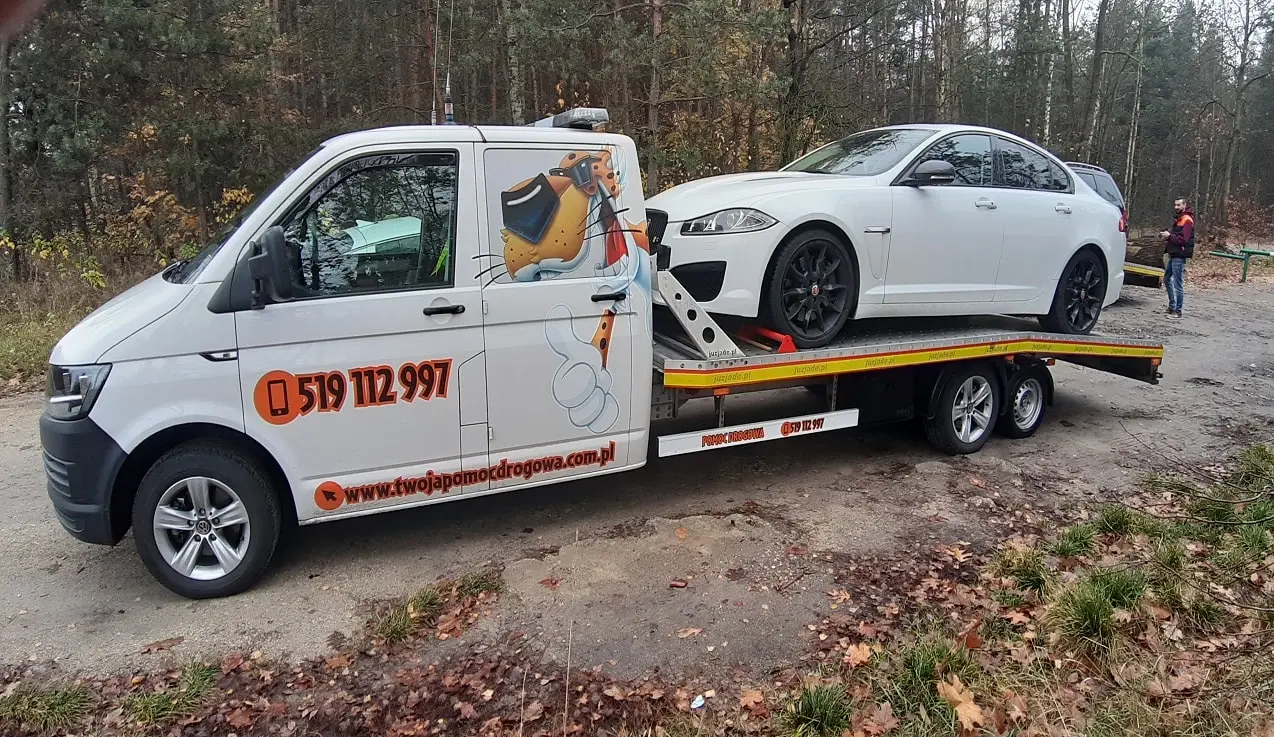There are some dangers involved with night driving in the UK, from reduced visibility to an increased danger presented by sleepy drivers and wildlife on UK motorways, rural roads, and urban centres.
Wherever you drive at night around in the UK, being road-safe requires you to be more vigilant and alert at all times. Here are a few essential night driving safety tips to make for a safer and improved nighttime drive in the UK.

Content
1. Check Your Lights Regularly
Proper lights are a must if you’re driving at night. Ensure that your brake lights, headlights, and indicators are in good working condition. Employ dipped headlights when driving in heavy traffic or passing other vehicles to prevent dazzling other road users. When on dark roads, use full beams if necessary but dip them as another car approaches.
2. Keep Your Windscreen Clean
Dirt, fogging, or screen marks on your windscreen will considerably impede the vision, particularly when coming towards other headlights. Clear the interior and exterior of your windscreen by periodically cleaning it to prevent distortion and glare. Keep wiper blades in top condition and employ washer fluid with anti-freeze liquid in winter months.
3. Adjust Your Speed According to Conditions
Night driving entails slowing down according to visibility and road conditions. Darkness hides obstacles, pedestrians, or surprises on the road. Drive slowly in unfamiliar territory and weather conditions such as fog, rain, or ice that reduce visibility and traction.
4. Remain Alert and Repel Fatigue
Another of the serious dangers of driving late at night is fatigue. Heavy eyelids, difficulty to concentrate, and yawning all indicate tiredness. Don’t think twice and go for a quick break at a service station or pull off the road the moment you start feeling tired.
According to the UK Highway Code, in a long journey, you should also stop to rest every two hours. A hot cup of coffee or any caffeinated drink and a power nap will keep you going. Naturally, the best of all is to quit driving when your tiredness becomes unbearable.
5. Be Aware of Pedestrians, Bicyclists, and Wildlife
Feared nighttime roads hinder visibility of people, especially pedestrians and cyclists who may not be wearing reflective clothing. Beware when driving within estates and pubs, as pedestrians might appear unexpectedly. When traveling along rural roads, make sure you lookout for wildlife such as deer that often appear mostly during early morning and late evening hours.
6. Dim Glare and Set Interior Lighting
Adjust your rear-view mirror to the anti-glare position to reduce the impact of the approaching bright lights. Turn off your dashboard lights to have better night vision and not be distracted.
7. Plan Your Trip Well Ahead
Before departure, check your journey and anticipate rest stops. Satnav users should also pre-program the device well ahead of the trip to avoid unwanted distractions. Keep an emergency kit in your car consists of a torch, blanket, and other essential tools to brace for breakdowns.
Always remember that before going for a drive, you need to ensure the car has a valid MOT and road tax. You can check this using the MOT History website or a car history checking site free of charge.
These safety tips can make a big difference to ward off the risks of night driving in the UK. Always stay alert, drive responsibly, and be ready for whatever may come your way during your trip.

Max isn’t your ordinary auto blogger. He’s your friendly neighborhood gearhead, here to guide you through the automotive maze. His blog is like a conversation with a buddy who’s always got the latest auto scoop.












